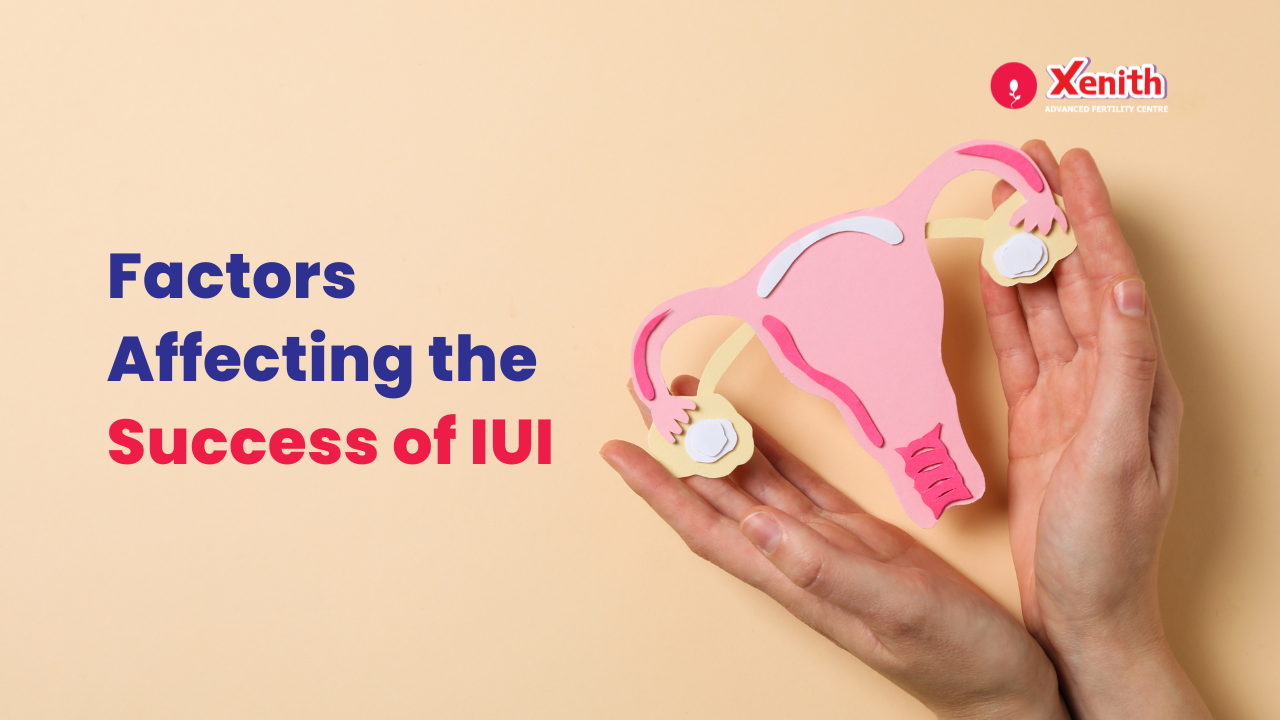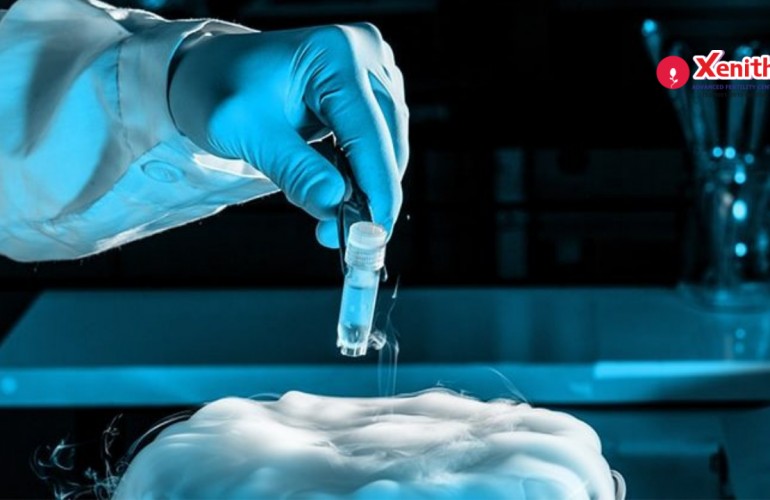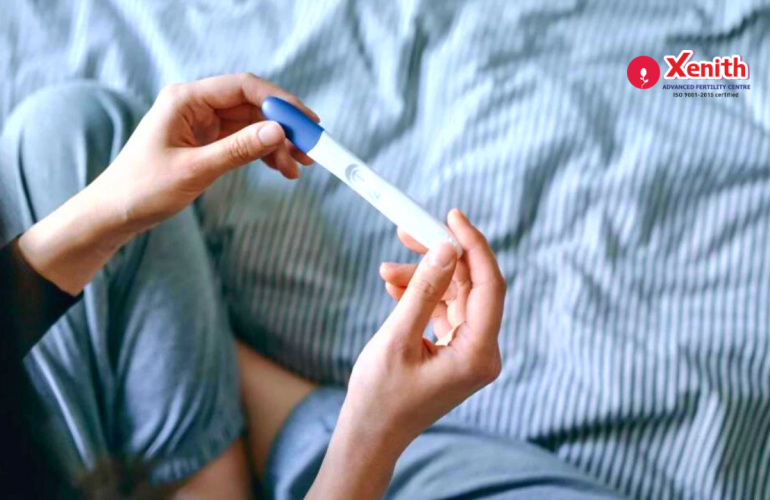What is IUI?
Intrauterine insemination (IUI) is a type of assisted reproductive technology (ART) used to improve your chances of conception when you are struggling with infertility. Infertility is defined as the inability to conceive even after having had unprotected sex for more than a year.
IUI is a procedure where the sperm is collected, washed, concentrated and the high quality sperm are then transferred directly into the woman’s uterus just when she is ovulating and the mature egg is released. IUI could improve the chances of conception by decreasing the time and the distance the sperm needs to travel in order to fertilize the egg and bypassing some barriers in the vagina and cervix. So, it basically gives a head start to natural conception. IUI is safer, less invasive, simpler and cheaper than some other ARTs like in vitro fertilization (IVF).
The IUI procedure could vary depending on the cause of the infertility, the person’s age and upon the expertise of the specialist. In natural IUI, no medications are used and the washed sperm is just transferred into the uterus when the woman is ovulating. The woman could also be given medications in order to stimulate the ovaries to produce one or many eggs at one time. This amount of medication needs to be carefully balanced because production of too many eggs at one time could lead to formation of twins or multiples which could increase risk to both mother and baby. The type of fertility drug that is taken will depend on the doctor and the clinic. A trigger medication could also be given to know precisely when the egg will be released.
IUI is often used for people who are dealing with unexplained fertility where everything looks normal and no reason could be found for the infertility. Sometimes, the mucus produced by the cervix to help the sperm travel into the uterus could be thick making it hard to swim through and IUI could bypass this obstacle. If there are issues with ejaculation or erectile dysfunction, IUI could be used to help in this situation. Sometimes, the woman is allergic to certain proteins found in the semen causing swelling and redness in the vagina and since the sperm is washed for IUI, these allergens are removed before the sperm is transferred into the uterus.
There are several factors which could influence IUI success. Some of these include:
- Timing of ovulation with the introduction of the sperm. The released egg can survive for about 24 hours and the washed sperm could survive around 3 days in the woman’s body although this could also depend on other factors like quality, age, conditions in the body and other things. In IUI, the sperm needs to swim from the uterus to the fallopian tubes where it could potentially meet the egg and fertilize it. The fertilized egg (zygote) needs to travel back to the uterus for implantation into the endometrium (uterine lining) and upon successful implantation, pregnancy occurs. So perfect timing for introduction of sperm coinciding with the release of the egg from the ovaries is crucial for conception to occur.
- Sperm quality and quantity– good quality sperm needs to be motile (strong swimmers moving in the forward direction), have good shape (smooth oval head and tail) and size. Sperm count is optimal if there are at least 15 million sperm per ml of semen. A low sperm count decreases the chances of sperm fertilizing the egg and IUI might not be a good fit in this situation. But remember that it takes only 1 sperm to successfully fertilize the egg.
- Health of the uterus- is important for successful conception. The presence of polyps, fibroids which are abnormal growths or other infections could prevent the fertilized egg from implanting into the endometrium. The endometrium also needs to be of a certain thickness for implantation to occur.
- Age– a woman’s fertility seems to decrease sharply after age of 35 due to poor egg quality. Male fertility also declines with age although it doesn’t decrease as rapidly as a female. So, a doctor might recommend trying IVF straight away if the woman’s age is over 35 and bypass IUI.
- Other medical conditions- like Polycystic ovarian syndrome (PCOS), endometriosis, blocked fallopian tube, amongst others could decrease the chances of conception. So, you need to see if there is anything you could do to improve your chances. If your family has a history of certain genetic conditions, it might take longer to conceive.
The success rate of IUI varies from person to person depending on their unique circumstances. The success rate could also depend on the type of fertility drugs and the type of IUI treatment that is taken. So, it is very important to talk to an experienced fertility specialist like the experts at Xenith Advanced Fertility Centre so that all the proper procedures are carried out for optimal chances of success.




